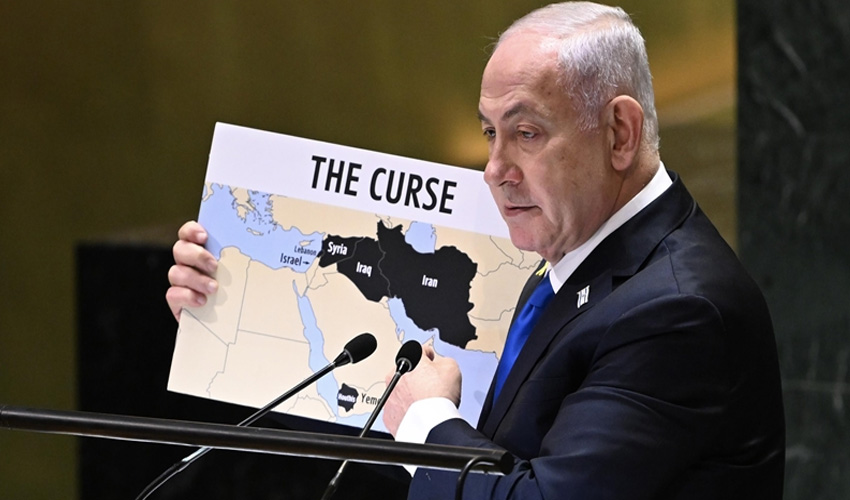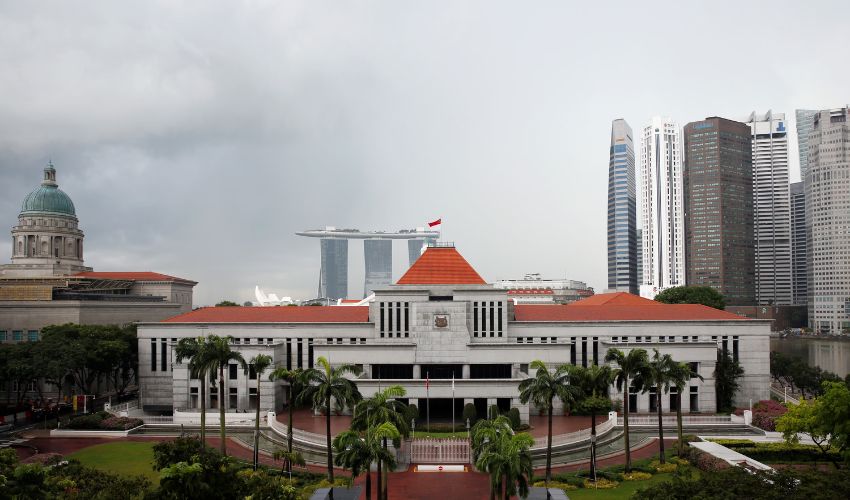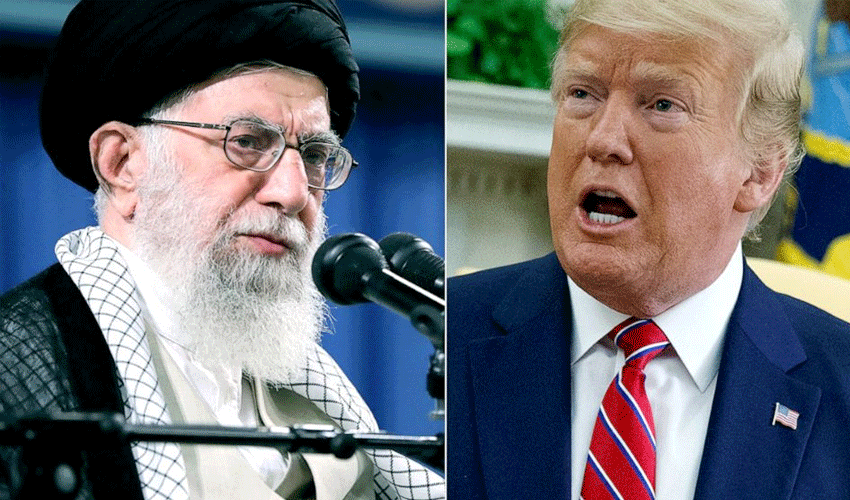In the wake of a missile strike by Iran targeting Israel, concerns about an escalating conflict have gripped the international community. As tensions rise, diplomats scramble to avert a full-blown regional war, while both Israel and Iran continue to exchange heated rhetoric and military actions.
Why did Iran launch missiles?
Iran’s missile strike on Israel stems from a series of escalating tensions and perceived humiliations inflicted by the Israeli military over the past year. Iran’s alliance, known as the “Axis of Resistance,” includes groups like Hezbollah in Lebanon, Hamas in Palestine, Yemen’s Houthi rebels, and several Shiite militias in Iraq and Syria. These groups have been key to Iran’s strategy of expanding influence across the region.
However, this strategy has faced numerous setbacks in the past year. Hezbollah’s leader Hassan Nasrallah was assassinated by Israel in a missile strike in Beirut. In Gaza, Hamas, another key ally of Iran, has been subjected to a relentless Israeli offensive since October, following a surprise attack by the group on Israel. The assassination of Ismail Haniyeh, the Hamas political leader, in July further inflamed tensions between the two sides.
In retaliation for an Israeli airstrike on Iran’s consulate in Damascus in April, Iran launched 300 missiles and drones towards Israel. Despite the magnitude of the strike, most of the missiles were intercepted by Israel’s highly effective Iron Dome defense system.
This week’s attack, which saw another 200 missiles launched by Iran, followed a similar pattern. While Israeli defenses intercepted most of the missiles, the strike serves as a symbolic warning to Israel and the international community.
Israel’s possible response: Retaliation or restraint?
Israel’s Prime Minister Benjamin Netanyahu has vowed to retaliate against Iran for the missile strikes, but questions remain as to what form this response will take. Israel is already engaged in two active fronts—Gaza and southern Lebanon—fighting against Hamas and Hezbollah respectively.
In Gaza, over 41,000 Palestinians have been killed, according to reports from the Hamas-run health ministry. Israeli ground operations in southern Lebanon began earlier this week, targeting Hezbollah fighters in the region.
A full-scale military retaliation against Iran would open a third front, raising the specter of a broader regional war. Israel’s military advantage, bolstered by its defense systems, has helped it maintain a position of strength. Some experts believe Israel may seek to capitalize on its recent victories and opt for a more targeted strike on Iran’s military infrastructure, particularly its nuclear facilities. Former Israeli Prime Minister Naftali Bennett has already called for such an approach, arguing for a strike on Iran’s nuclear sites.
However, opening a third front comes with significant risks. A prolonged conflict with Iran could lead to wider regional destabilization and strain Israel’s military resources. Jon Alterman, a Middle East expert at the Center for Strategic and International Studies, argues that Israel is faced with a difficult choice: consolidate its gains or push further, potentially igniting a more widespread war.
Role of US
As the situation unfolds, much will depend on the actions of Israel’s key ally, the United States. US President Joe Biden and Vice President Kamala Harris have been closely monitoring the situation from the White House Situation Room. The US has reiterated its unwavering support for Israel’s right to defend itself against Iranian-backed groups like Hezbollah and Hamas.
At the same time, President Biden has expressed his opposition to an Israeli ground offensive in Lebanon and has called for a ceasefire in Gaza. Despite these calls, Israel has continued its operations, complicating US efforts to mediate a resolution.
The Biden administration’s options are limited. The US does not have direct diplomatic relations with Iran, meaning any attempts to de-escalate the conflict would need to be coordinated through European or regional intermediaries. The US has also increased its military presence in the Middle East, signaling its readiness to intervene if necessary. During Iran’s previous missile strike on Israel in April, the US played a crucial role in shooting down several missiles. It remains to be seen whether the US will take similar action in response to this latest round of attacks.
Diplomatic “off-ramps”
The international community is already working to defuse the situation. The UN Security Council is set to hold an emergency meeting to discuss the escalating conflict. However, the UN’s influence is often seen as limited, and the body remains deeply divided on the Israeli-Palestinian issue.
European and Middle Eastern countries, which have better relations with both Israel and Iran, are expected to play a more prominent role in any potential mediation. Hasni Abidi, director of the Geneva-based Centre of Study and Research for the Arab and Mediterranean World (CERMAM), suggests that much will depend on Israel’s next move and the efforts of the Biden administration.
With no side willing to back down, the prospect of further military escalation remains high. However, both Israel and Iran are aware of the catastrophic consequences a full-blown war would have on the region. Finding a diplomatic solution that addresses the grievances of both sides will be crucial to preventing further bloodshed.
As tensions continue to rise, the Middle East finds itself at a dangerous crossroads. Israel’s retaliation for the Iranian missile strike could lead to further escalation, drawing in more regional actors and potentially sparking a wider conflict. The international community, particularly the US, faces the challenge of de-escalating the situation without compromising Israel’s security or Iran’s national interests.
In the coming days, Israel’s response will be critical in determining the trajectory of the conflict. Whether the region can step back from the brink of war will depend on careful diplomacy and the restraint of both Israeli and Iranian leaders. However, with neither side willing to concede, the risk of a larger regional war looms ever closer.



























